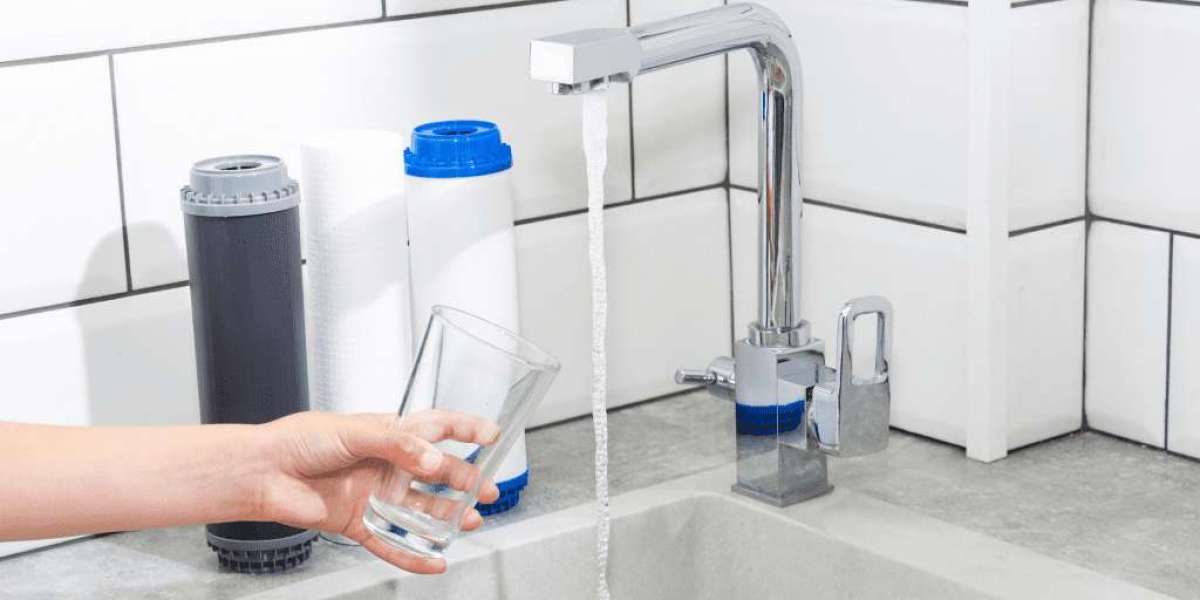Water is an essential part of our daily lives—from cooking and cleaning to bathing and drinking. But the quality of that water can greatly affect your comfort, health, and even the longevity of your appliances. If you’ve been struggling with hard water stains, dry skin, or unpleasant tap water taste, it may be time to consider an advanced solution. Enter the world of hybrid softener conditioners—an innovative combination of water softening and filtration that offers the best of both worlds.
In particular, a residential hybrid water softener is designed to streamline water treatment in your home by integrating two powerful technologies in one compact system. Traditional water softeners focus primarily on removing calcium and magnesium, which are responsible for hard water. However, they don’t always address other impurities like chlorine, sediment, or organic compounds. A hybrid system, on the other hand, does both—softening your water and improving its overall quality, taste, and smell.
Why Hybrid Softener Conditioners Are a Game-Changer
These all-in-one systems offer a practical, efficient, and space-saving solution for modern households. Rather than investing in two separate systems—a water softener and a filtration unit—a hybrid conditioner does the job of both. This means fewer installation complications, lower maintenance, and greater cost savings over time.
Here are some of the top benefits of switching to a hybrid softener conditioner:
Enhanced Water Quality
These systems don’t just soften water; they filter out contaminants like chlorine, pesticides, and VOCs (volatile organic compounds), making your water safer for drinking and gentler on your skin and hair.Protects Appliances and Plumbing
By removing scale-forming minerals, a hybrid unit helps extend the life of your water heater, dishwasher, and washing machine. This can prevent costly repairs and reduce energy usage.Improved Taste and Odor
Filtration media in the system remove unpleasant smells and tastes from tap water. That means better tasting coffee, tea, and meals prepared with clean, filtered water.Eco-Friendly and Cost-Effective
Modern hybrid systems often regenerate based on usage, not a timer. This leads to lower salt and water consumption and a smaller environmental footprint.
How Do Hybrid Systems Work?
A hybrid softener conditioner combines a water softener’s ion-exchange process with advanced filtration technologies. Here’s a quick breakdown:
Softening Process: The system uses ion exchange to replace hardness minerals (calcium and magnesium) with sodium or potassium ions.
Filtration: The system also includes a carbon filter or other media to reduce chlorine, chloramines, organic chemicals, and sometimes even bacteria and heavy metals.
Smart Controls: Many models feature programmable heads and usage sensors to regenerate the system only when needed, boosting efficiency.
Is a Residential Hybrid Water Softener Right for You?
Not every home has the same water quality issues. Some homeowners deal with extremely hard water, while others are more concerned with chemical contaminants. A residential hybrid water softener is ideal if:
You want a simplified, low-maintenance solution that softens and filters water in one system.
You live in a city where municipal water contains chlorine or other additives.
You’re tired of dealing with limescale on fixtures, appliances, and glassware.
You want better-tasting drinking water without needing a separate filter.
Key Features to Look for
When shopping for a hybrid softener conditioner, consider these essential features:
Dual Media Tanks: Ensure the system uses high-quality resin for softening and carbon or catalytic media for filtration.
Flow Rate & Capacity: Choose a unit sized appropriately for your household to ensure consistent water pressure and performance.
Regeneration Efficiency: Look for demand-initiated regeneration systems that reduce salt and water waste.
Warranty & Support: Opt for systems with a reliable warranty and strong customer service—like those offered by reputable brands such as Rayne Water.
Maintenance and Upkeep
One of the biggest advantages of hybrid systems is how low-maintenance they are. You’ll need to:
Refill salt in the softening tank regularly (typically monthly or bi-monthly depending on use)
Occasionally replace the carbon or filter media (every 3 to 5 years)
Schedule periodic system checks or servicing to keep it running smoothly
Compared to managing two separate systems, this consolidated maintenance is quicker, simpler, and more cost-effective.
The Rayne Water Difference
Rayne Water has long been recognized for its innovation in water treatment solutions, and their line of hybrid softener conditioners stands out in both performance and reliability. With sleek designs, advanced control panels, and highly efficient water usage, their systems are designed for modern homeowners looking for convenience without compromise.
Each Rayne hybrid unit is tailored to meet the needs of specific household sizes and usage patterns. Whether you're in a single-family home or a larger residence, there’s a model that fits your water demands perfectly.
Final Thoughts
If you're looking to improve your water quality without the hassle of managing two separate systems, a residential hybrid water softener is a smart investment. It saves space, reduces ongoing maintenance, and delivers cleaner, softer water throughout your home.







